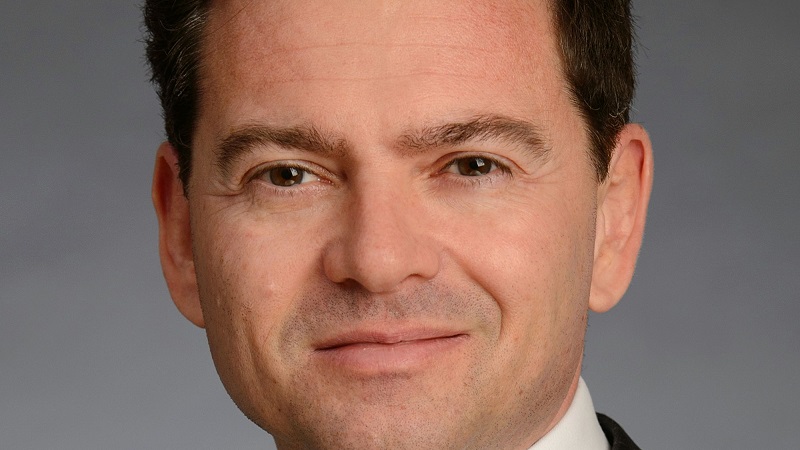Fidelity International has teamed up with a digital investment platform to offer clients access to private market assets.
The asset manager has entered a partnership with Berlin-based Moonfare, a digital investment platform for private market funds, to distribute alternative investment strategies to its clients after experiencing an increase in demand.
A press release announcing the arrangement said distribution will initially be to European clients, starting from next month with Germany, Switzerland, Italy, France and Austria and expand to cover further international markets at a later stage. Portfolio Adviser understands it is likely to be rolled out to UK clients in the summer.
Fidelity said the agreement, which is the first of its kind in its history, will see it invest a minority stake in Moonfare. In addition, Fidelity managing director of Europe Christian Staub (pictured) is to join Moonfare’s advisory committee.
Staub said: “Until now, private market funds have only been accessible to a limited group of investors. By partnering with Moonfare, our ambition is to democratise the asset class, providing access to the benefits alternative assets can offer with products carefully curated by an experienced team.”
Fidelity eyes broader alternatives expansion
Fidelity is the first institutional investor to take an equity stake in Moonfare, which was founded in Berlin in 2016 and named one of Linkedin’s top 10 start-ups in Germany in 2020.
Fidelity said Moonfare’s “emphasis on fund selection, digital platform, low investment minimums – starting from €50,000 – and disruptive fee structure that made it stand out as a partner”.
Fidelity International global chief investment officer Andrew McCaffery said: “At Fidelity, we have bold ambitions to build a broader alternatives capability in the coming years, spanning private markets, real assets and liquid alternative strategies.
“Our partnership with Moonfare and its market leading open-architecture platform, combined with the recent introduction of a new private credit team, provides a strong foundation for future growth plans in real assets and private markets.”
Stripe’s $95bn valuation shows changing nature of private companies
AJ Bell head of active portfolio Ryan Hughes said the latest valuation for unquoted global payments processing company Stripe at $95bn highlighted the changing nature of private companies.
He said: “While previously, unquoted companies may have been seen highly speculative and likely focused on small companies that weren’t big enough to have a market listing, this has changed in recent years and is well highlighted to the latest valuation for Stripe, the unquoted global payments processor which recently received a valuation of $95bn. This valuation makes it bigger than Vodafone, Prudential and Tesco put together.”
Hughes added private technology-related companies are preferring to remain unlisted to maintain control and avoid the onerous rounds of quarterly updates, which is creating opportunities for private market funds to invest in a wide opportunity set and offer investors access to previously inaccessible companies.
“I would expect interest on this type of strategy to keep on growing as investors look for ways of diversifying away from traditional listed instruments.”
Tilney managing director Jason Hollands said many growth businesses have chosen to remain private for longer than in the past, in part due to greater rewards available for management teams through the capital structures that private equity deals typically involve, but also because it is easier to restructure businesses and execute ambitious plans away from the glare of the listed markets.
“Unsurprisingly, both wealth managers and asset managers are interested in gaining exposure to the growth of private markets, where returns are also lowly correlated to listed markets. For example, we have seen a number of investment trusts build exposure to private companies alongside listed markets as part of their approach,” he said.










